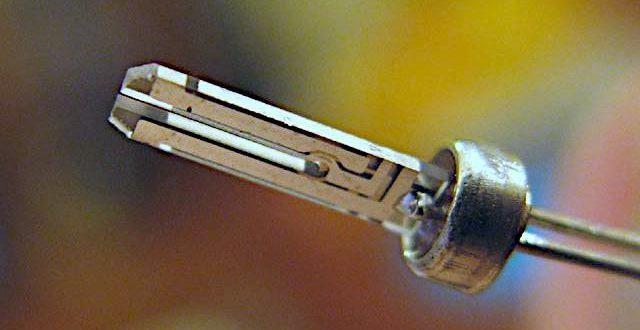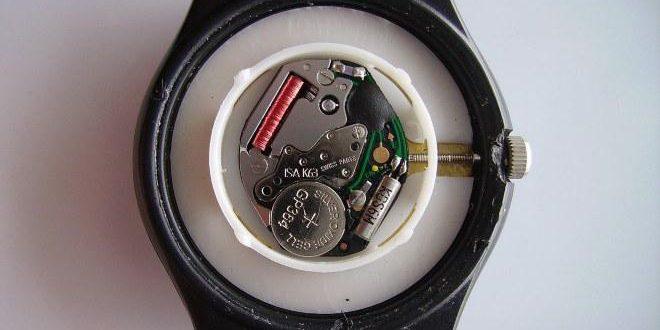The alarm complication in the wristwatch looks back on an eventful and exciting history. The history ranges from the highly sophisticated beginnings in the early 20th century to the boom from the 1960s to today’s wide range of watches with an alarm function. Affordable battery-powered smartwatches in luxurious guise are available today, as are elaborate automatic watches with mechanical alarm …
Read More »
 Uhrinstinkt Magazine
Uhrinstinkt Magazine



